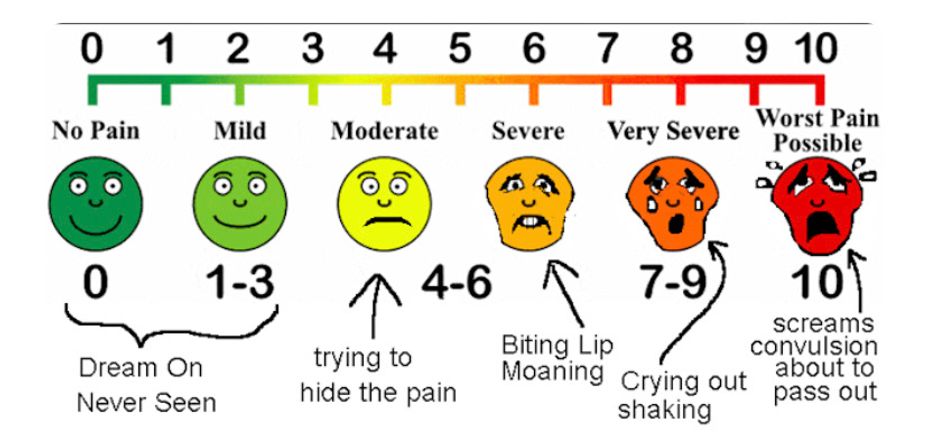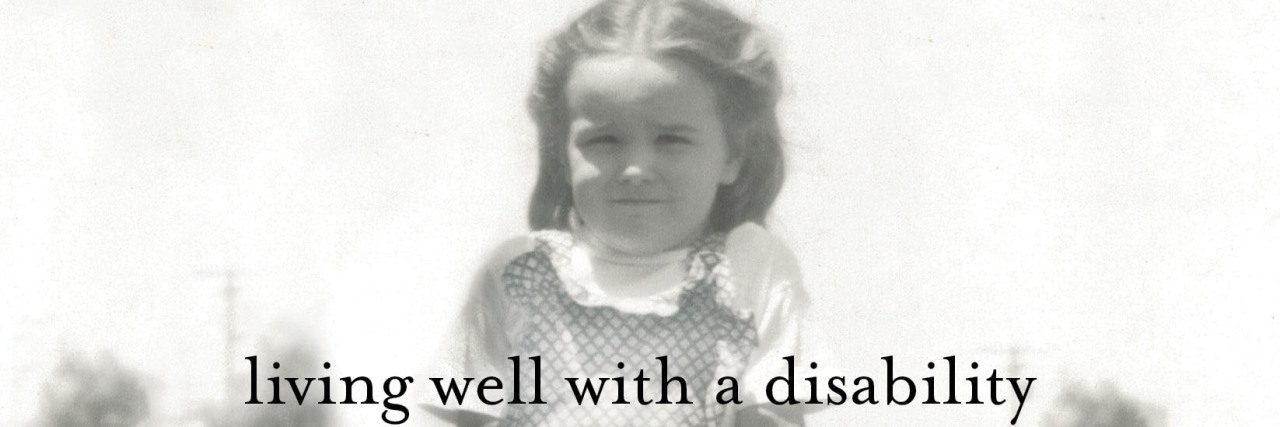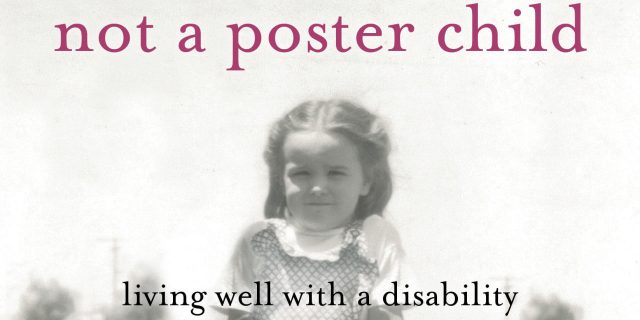These tips are for anyone dealing with a lifelong, #ChronicIllness or #Disability. I’m currently bedbound, not with the disability that stems from a skydiving accident 25 years ago, but with added complications. My tailbone and sacral nerves were crushed after landing at 70 mph. I spend a year in a Spinal Cord Clinic for #CaudaEquinaSyndrome (an incomplete #SpinalCordInjury). Overall, my willpower and my ability to walk short distances with legbraces has brought me a lot of good. I even became a Physician Assistant, and used a cane, walker, motorized scooter or wheelchair.
The downside of being too tenacious is that I kept taking on projects that far exceeded my physical reality. I renovated homes, moved to the UK for a job, lived in a cold and rainy climate with an ailing body. I kept physically burning out until my health declined so much, I finally was ready to hear the diagnosis: lumbosacral #AdhesiveArachnoiditis (inflammation of part of the meningeal layer). And deal with a 2005 diagnosis: a vascular, benign growth inside my spinal cord at chestlevel which causes central neuropathic (nerve) pain syndrome. Both conditions are considered rare, intractable and incurable.
Looking back, I wished I’d created an easier life, especially when it became clear my disability was a fulltime, chronic situation. I was hard on myself and also felt guilty I may have worsened my health by agreeing to a lumbar puncture when I was very ill, and multiple epidural steroidal injections for the pain. It took four hospitalizatons between December 2015 and July 2018 to finally admit I had to create a life that worked for me, not against me. Take it easy incorporating these tips, be patient with yourself.
1, Medical Records: keep all medical records in a binder with tabs, include discs with MRIs/CT scans. This is a seperate binder from medical bills. It ought to contain all your lab work, follow ups, letters from medical providers, radiology and other reports. I find it easier to add to the top, so older MRI reports are underneath the recent ones. In this binder, use seperate tabs for specialists. Keep blank sheets to jot down questions and notes from phonecalls, dated with a name. Have one sheet with all your primary care and specialists’ phone numbers.
2. Workouts: create a simple work out you can do from home, at a gym, or a nearby Physical Therapy office at least three times a week. The keyword is convenient, because if your low intensity yoga class is too far away, or too strenous, your body will suffer for it. I even moved Downtown, so I could independently use my power wheelchair to get to a nearby heated pool five minutes away. Adapt. For example I do a ‘sitting warrior’ pose from my wheelchair pillow, and mimic ‘standing tree’ by lying down. Most importantly, don’t overdo it, since that will only lead to Post Polio Syndrome (muscle atrophy from working atrophied muscles too hard).
3. Medications: use weeklong medication boxes, with at least four slots per day. I have seven prescriptions and it sure helps taking my meds at seven AM, noon, four PM and at bedtime. I asked my primary care provider to prescribe baclofen, gapapentin and lisinopril as 90 day tablets. That saves a lot of pharmacy errands and refills. You could also try mail order. Once in awhile I forget to take my medications on time, but having three weeks of prepared boxes made life a lot easier.
4. Vitamins: I take Vit D is because labs showed that was low, but don’t even do a multivitamin. To me there isn’t enough evidence to take vitamins unless you have active scurvy (Vit C deficiency), Korsakoff from alcohol use, or a B12 shortage. I do take magnesium for the muscle spasms and bowel problems caused by the spinal cord injury, and because I’m almost 50, justify taking calcium citrate with the Vit D. If I could be bothered to repeat a bone density test and magnesium levels, I’ll stop those too, if they’re normal.
5. Diet: preparing food is hard with pain and post exertional fatigue. My pharmacist/clinician believes the fatigue is related to post workout #Hypoglycemia, so I now eat a banana or small yoghurt before my swim. I used to eat gummi worms and Lay’s Lemon chips almost daily but now prep a simple sweet potato/beans/brown rice stew laced with turmeric, cumin, coriander and ginger which lasts me a week. I eat salad, yoghurt, muesli, and five fruits and vegetables a day. I drink almond milk because the bio-industry does not treat animals well. Occasionaly I’ll eat a pint of Haagen-Daz, but it is an exception, not the rule. Overall, plantbased eating, and having groceries delivered via Instacart made a huge, positive change for my wellbeing.
6. Relationships: if you have a severe illness in your forties, you either die or you recover. Remaining chronically ill is hard. You will find out very quickly that half your friends stop visiting and will no longer help with errands and groceries. If you are sick for two years, you’re lucky if you have two, three friends left. Fifty percent of marriages end in divorce, for couples with a disabled partner the percentage is higher. Being chronically ill is a lonely existence. You may find support through on-line communities, or getting passionate about a hobby. I still feel lonely at times, but having fewer friends also meant I have more time and energy for writing and stand up comedy.
7. Home: your home should work for you instead of the other way around. Create a simple, practial layout so cleaning up is easier, especially if a home health carer, a friend of family member helps you. Clutter also creates more opportunity to stumble and fall, especially if you have heaps of equipment like wheelchairs, walkers, legbraces and more. For better sleep, an electrical hospital bed seems best, or any electrical bed that can elevate the head and feet separately at the touch of a button. It’ll make life in bed a lot more comfortable.
8. Personal limits: my time limit for writing is around an hour, in my hospital bed, with positional changes. After that my tailbone hurts too much, and my brain shuts down. My limit of sitting upright is 20 minutes, yet I sometimes chat too much and I’ll forget to check in with my body. I pay for it the next day, so I am experimenting with a timer. Same for too much texting and writing emails. Find out what your own limit is, whether it is 30 or 300 steps a day and stick to those boundaries for a few weeks.
9. Belongings: clean out your stuff, keep only what you cherish most which I can guarantee you is only half, or a quarter of what you own. Get stuff recycled, sold, donated, get rid of it. I no longer have the energy to search for items. A lot of things may be from better times, like sports equipment. Don’t hang on to it. Downsize your home if you can, and live in a one story or a one floor apartment. Avoid needless complications by owning too much. Learn to be extremely practical. I’m not there yet, my downfall will be to always take on too many DIY projects, even if it isn’t an Ikea install but say, curtains.
10, This chronic disease is not your fault: so stop wasting energy by beating yourself up!
With a chronic illness it’s almost easier to operate in survival mode, especially looking at a to-do list with a body that doesn’t co-operate. After years of struggling, survival mode feels familiar, doesn’t it? Yet I would like for you to try and create some reserve energy. That way you can enjoy a hobby, Netflix, connect with an on-line community or remain open for unexpected blessings, like the way the desert smells after the rain.
Keep in mind that chronic disease and disorders are usually cyclical, so there are days you will feel better than others. You may even experience weeks, months or years of improvement, or decline. If you can, when you do feel good, or ‘better’, also save some energy for unexpected situations; an acute illness, bad news, an exhausting day at work or a doctor’s appointment that takes twice as long. Lastly, you deserve happiness. Let’s make it happen!



